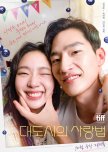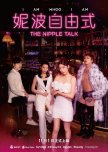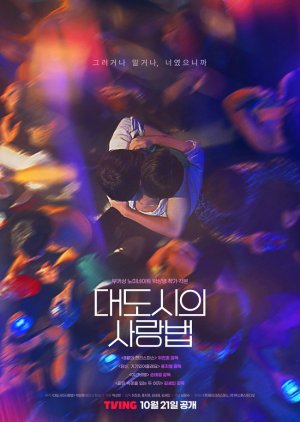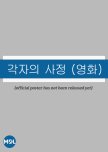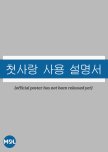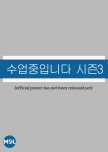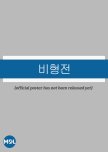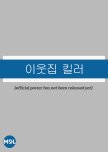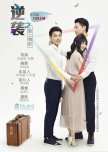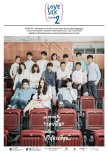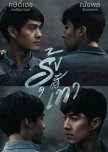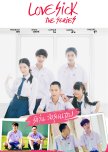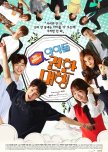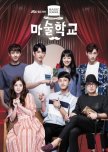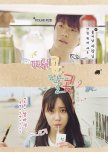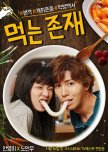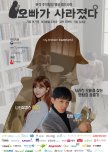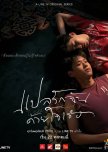
Ambos possuem fotografias muito bonitas, e também personagens complexos, são duas histórias que tem deixam a flor da pele, completamente submersa.
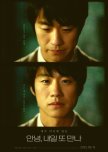
Both works depict challenges with being gay in South Korean society as well as experiences of familial relationships for gay people, and both works do so with a rather literary approach to writing (focusing on arranging words in a beautiful and profound way); a somewhat melancholic but also hopeful ending and overall emotional tone; and an achingly beautiful instrumental score for the soundtrack. The writing similarities are strongest with episodes 3-4 of "Love in the Big City", which (like "So Long, See You Tomorrow") makes heavy use of universe-related imagery.
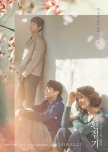
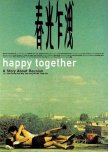
If you take Love in the Big City's episode-6 relationship arc; combine it with episode 8's nostalgic, melancholic, and temporally disjointed remembrance of times past (and idealized expectations pulled back down to reality) on vacation in a foreign land; intensify the moody sense of loneliness and dislocation; make the humor a bit more subtle; keep the attention to grittier dimensions of gay life, the more explicit elements of gay sex, and the questionable maturity of the very flawed (i.e. human) protagonist; and you film the story in an art-house style; then you might get something like Happy Together.
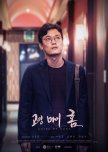
Both take a more mature approach to Gay Life.
Both involve HIV/AIDS as a main point.
Going My Home takes place during a short period of time (roughly 72 hours) whereas Love in the Big City spans much longer.
Going My Home is a South Korean short film.
Love in the Big City is a South Korean drama series.
Both involve HIV/AIDS as a main point.
Going My Home takes place during a short period of time (roughly 72 hours) whereas Love in the Big City spans much longer.
Going My Home is a South Korean short film.
Love in the Big City is a South Korean drama series.
